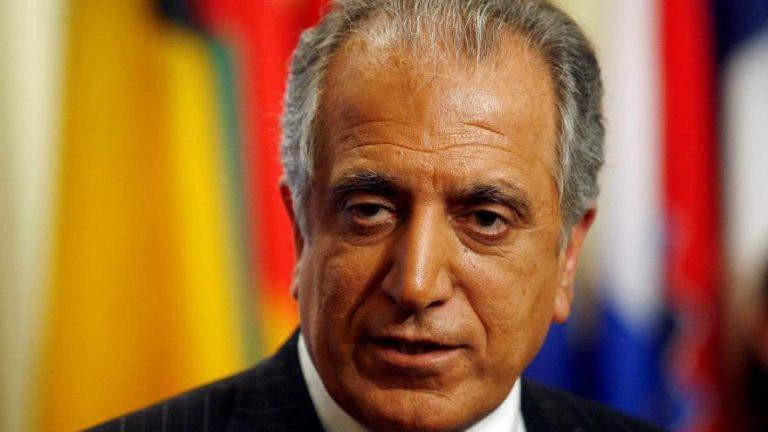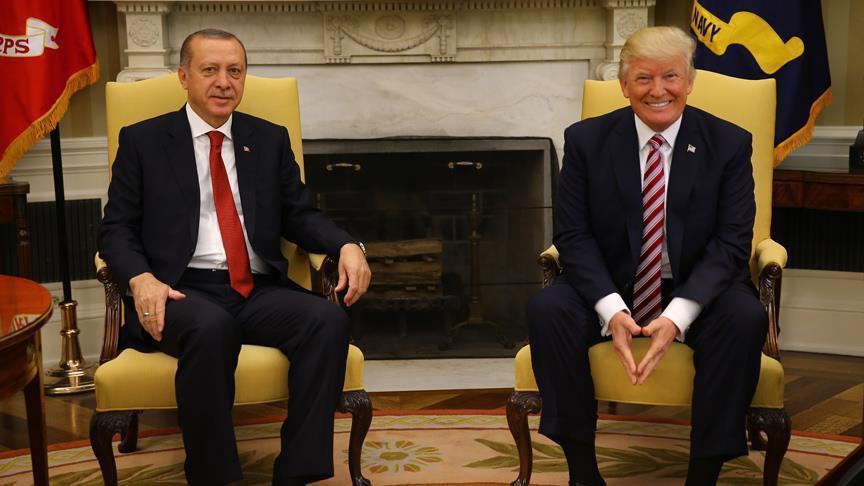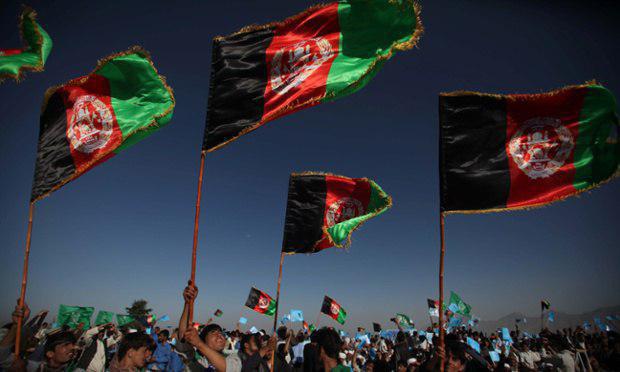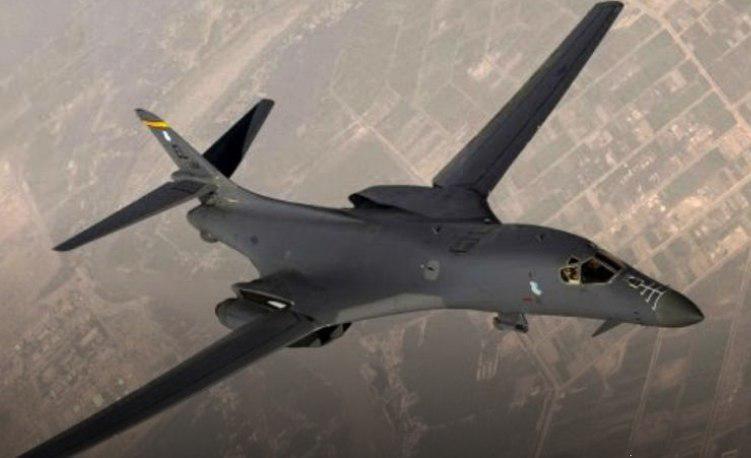Peace Talks; Does Khalilzad Beat a Dead Horse?
Khalilzad’s trips are like a “carousel” that turns and turns and turns, but does not reach the destination; because.

Two days ago, the third round of US’s state department’s Special Representative Ambassador Zalmay Khilizad’s trips for Afghan peace talks began. This time, Russia and Belgium have also been added to the list of countries where Khalilzad will travel.
Although Khalilzad’s trips, in the past two rounds, have been able to implicitly shape a consensus in the region to improve the Afghan peace process, it seems there is a long and ragged way ahead to reach peace and recruit the Taliban in the political body of the country.
Taking into consideration the Moscow format in which Taliban representatives were present while Kabul was not, the recent remarks of US Defense Minister, NATO Secretary General’s rhetoric, the illegitimate Kabul government for Taliban, and the only condition of the Taliban for peace talks (foreign troops withdrawal), this question arises that what will be the outcome of Khalilzad’s efforts and how many rounds of trips will happen?
Afghanistan’s security status, the statements of US military and NATO officials, Khalilzad’s peace efforts and the Taliban becoming hardy are all contradictions that must be on the same axis. Moreover, it should be acknowledged that powerful countries, both in the region and world, have some interests and perspectives in Afghanistan. The Russian Federation, the Islamic Republic of Iran, India, China, Pakistan, and Saudi Arabia are among the countries that are influential in Afghanistan and each has its own interests.
NATO & America
The US Defense Minister Jim Mattis said in a statement that his country is not thinking about leaving Afghanistan at least as soon as possible. NATO Secretary General Jens. Stoltenberg on Tuesday said in Brussels that the cost of leaving Afghanistan is higher than staying in it. The nominee to command all U.S. troops in the Middle East Gen. Kenneth McKenzie emphasised that Afghan defense and security forces are still unable to deal with terrorism and should be supported by NATO forces.
In the domestic context, keeping the past 17-year achievements in the realm of women’s rights, human rights, the constitution and the acceptance of the current political system are issues to be considered in negotiations with the Taliban group.
Now, with regard to the issues mentioned, Zalmay Khalilzad’s mission seems to be more of “ beating a dead horse” than diplomacy for peace.
Khalilzad’s trips are like a “carousel” that turns and turns and turns, but does not reach the destination; because there is no destination to reach, and it is a null turn.
What should Khalilzad do?
He must place Russia, Iran, Pakistan, China, India, and Saudi Arabia in a single queue (regional consensus). Convince the Taliban to recognize the Kabul government and remove the withdrawal of foreign troops from their negotiating clauses. Keeping the shaky legs of Kabul strong enough to prevent the collapse of the national consensus, and persuade the White-House to financially support the landlocked country; which means the sum of opposites in the exact sense of the word.
Assume that the mentioned issues resulted, and the Taliban also entered Kabul safe and sound; will peace be reached?
Unfortunately, the answer is negative. According to Afghan and NATO security officials, more than 20 terrorist groups and terrorist organisations are active in Afghanistan, and Khalilzad must travel a lot to attract each one in the peace process.
Shokohmand – DID Press Agency
Translated by Taher Mojab






